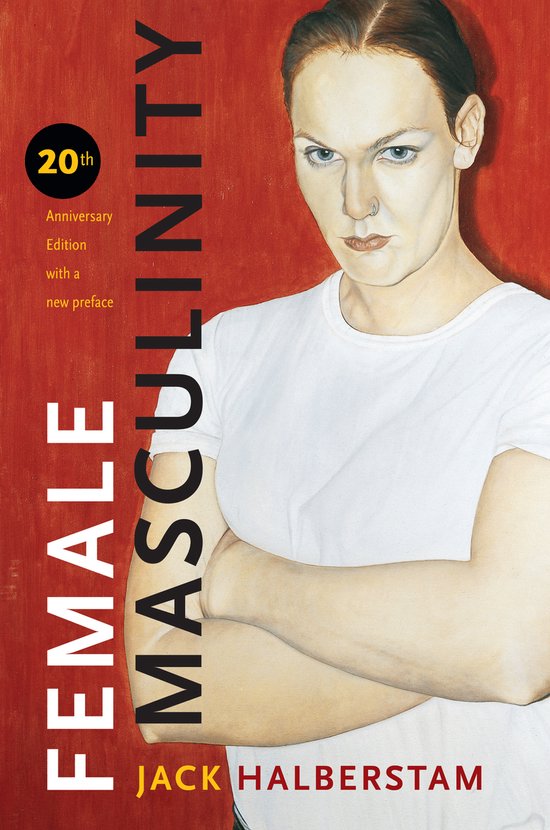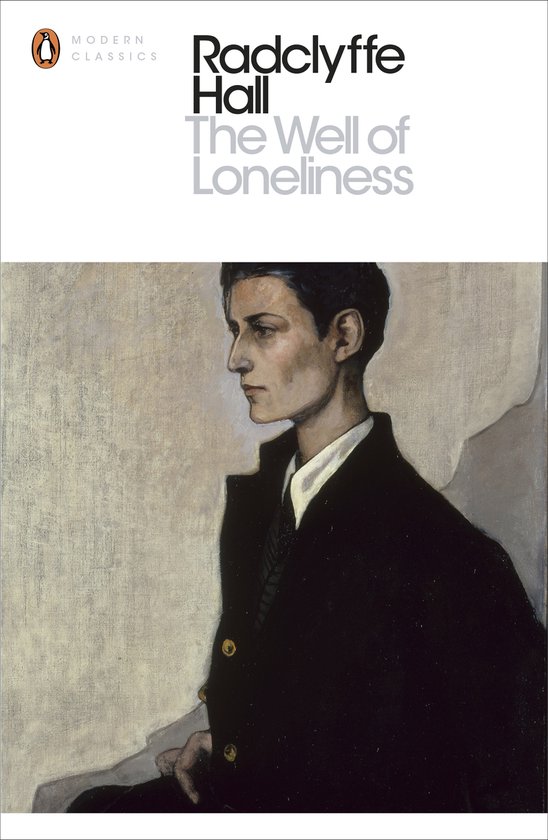
Unpacking Queer Politics
Unpacking Queer Politics argues that the strong lesbian feminist movement of the 1970s, which was able to articulate a philosophy and practice that distinguished lesbian politics from gay male politics, was submerged in the 1990s beneath a gay male agenda called queer politics.
The new politics repudiated lesbian feminist ideas and celebrated ‘manhood’ as a goal for gay men. Practices which construct this ‘manhood’, such as sadomasochism, cutting and piercing, female-to-male transsexual surgery, and which are promoted in queer politics, need to be understood as forms of self-harm which result from the oppression of lesbians and gay men. The political agenda of queer politics is damaging to the interests of lesbians, women in general, and to marginalized and vulnerable constituencies of gay men.
The book concludes by arguing that precisely the commitment to equality in relationships and sex that has been so important to lesbian feminists, and so excoriated in much of queer theory, should form the basis of a social transformation. In this way lesbians should be seen as the vanguard of social change.
Unpacking Queer Politics argues that the strong lesbian feminist movement of the 1970s, which was able to articulate a philosophy and practice that distinguished lesbian politics from gay male politics, was submerged in the 1990s beneath a gay male agenda called queer politics.
The new politics repudiated lesbian feminist ideas and celebrated ‘manhood’ as a goal for gay men. Practices which construct this ‘manhood’, such as sadomasochism, cutting and piercing, female-to-male transsexual surgery, and which are promoted in queer politics, need to be understood as forms of self-harm which result from the oppression of lesbians and gay men. The political agenda of queer politics is damaging to the interests of lesbians, women in general, and to marginalized and vulnerable constituencies of gay men.
The book concludes by arguing that precisely the commitment to equality in relationships and sex that has been so important to lesbian feminists, and so excoriated in much of queer theory, should form the basis of a social transformation. In this way lesbians should be seen as the vanguard of social change.
| Auteur | | Sheila Jeffreys |
| Taal | | Engels |
| Type | | Paperback |
| Categorie | | Mens & Maatschappij |




